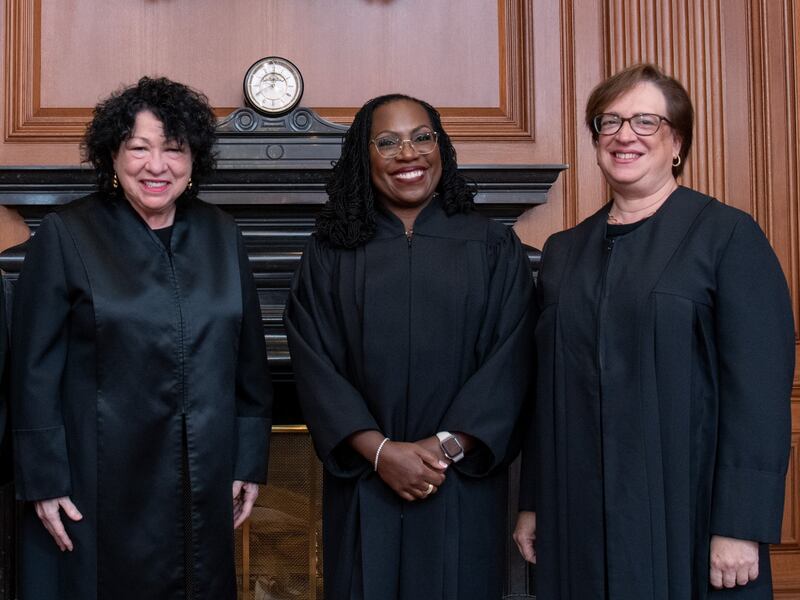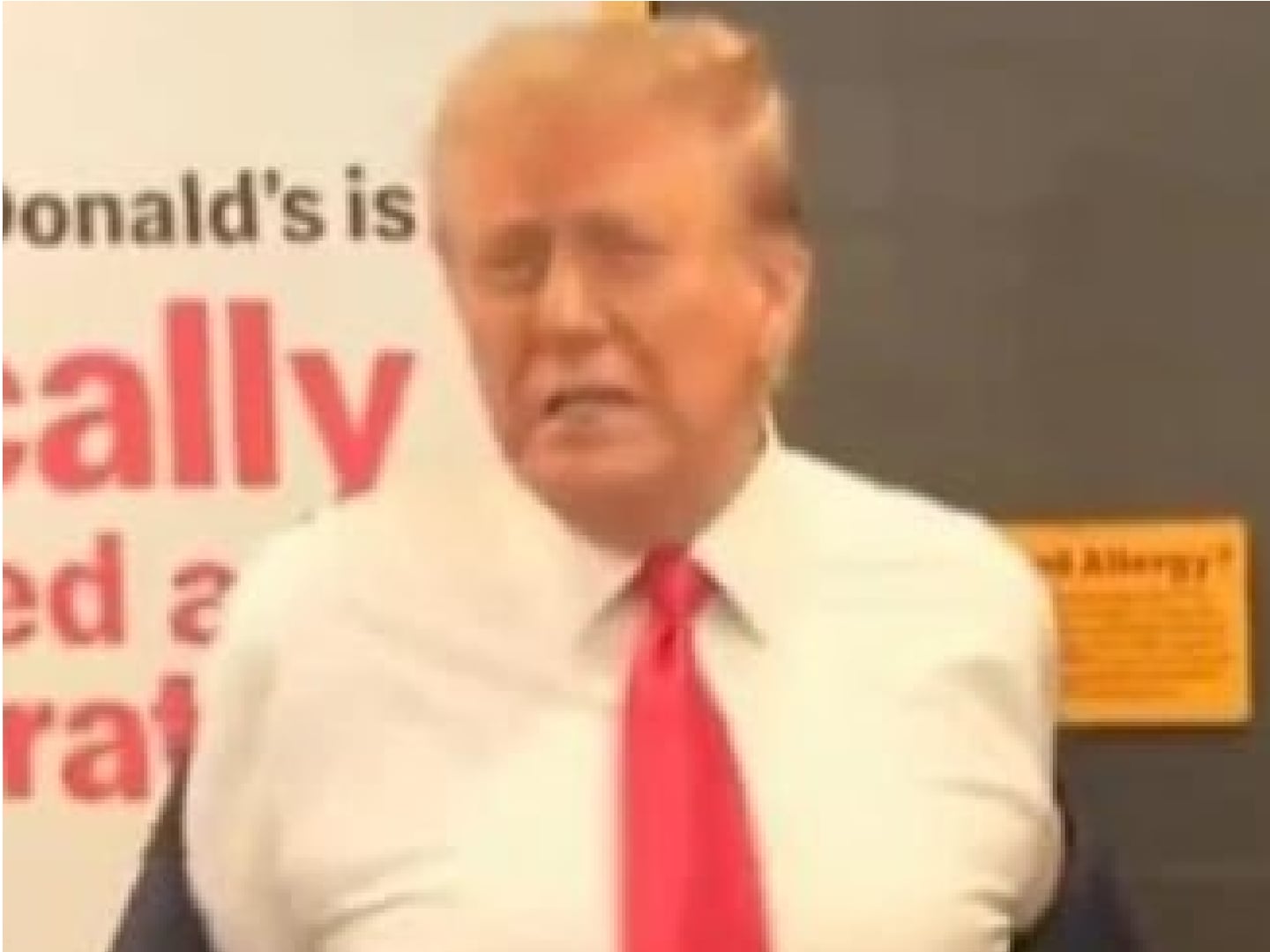Justice Sonia Sotomayor is blasting her conservative colleagues on the Supreme Court, accusing them of dangerously stripping away Americans’ constitutional freedoms by green-lighting racial-profiling raids.
“That decision is yet another grave misuse of our emergency docket,” Sotomayor, an Obama appointee, wrote in a scathing, 20-page dissent issued Monday. “We should not have to live in a country where the Government can seize anyone who looks Latino, speaks Spanish, and appears to work a low wage job.”
In a 6–3 decision, the court blocked a July order from a Biden-appointed federal judge in Los Angeles that had restricted immigration agents from conducting stops without “reasonable suspicion.” That ruling followed widespread allegations that officers were rounding up seemingly random Hispanic individuals in sweeping raids.

The SCOTUS decision is a win for the Trump administration, and will allow immigration agents to ramp up mass deportation efforts.
Sotomayor, who was joined in dissent by liberal justices Elena Kagan and Ketanji Brown Jackson, called the order “unconscionably irreconcilable with our nation’s constitutional guarantees.”
She accused the government—and Justice Brett Kavanaugh, who wrote a solo concurrence—of effectively declaring “that all Latinos, U.S. citizens or not, who work low-wage jobs are fair game to be seized at any time, taken away from work, and held until they provide proof of their legal status to the agents’ satisfaction.”

“Countless people in the Los Angeles area have been grabbed, thrown to the ground, and handcuffed simply because of their looks, their accents, and the fact they make a living by doing manual labor,” she wrote.
Kavanaugh, meanwhile, argued in his concurrence that the lower court went too far in curbing ICE agents’ authority to stop and question people.
“To be clear, apparent ethnicity alone cannot furnish reasonable suspicion; under this Court’s case law regarding immigration stops, however, it can be a ‘relevant factor’ when considered along with other salient factors,” Kavanaugh wrote.
Sotomayor, however, rejected his characterization of the raids, saying agents “are not conducting ‘brief stops for questioning,’ as the concurrence would like to believe. They are seizing people using firearms, physical violence, and warehouse detentions.”
Sotomayor further criticized the decision as “entirely unexplained,” warning that lower courts are left in the dark and that the ruling injects ideological undertones into emergency decisions.
“Neither the district court nor the parties will know whether the majority believed the key issue was standing, the merits, or the scope of relief, any one of which could have been the basis for the majority’s order,” she wrote.






